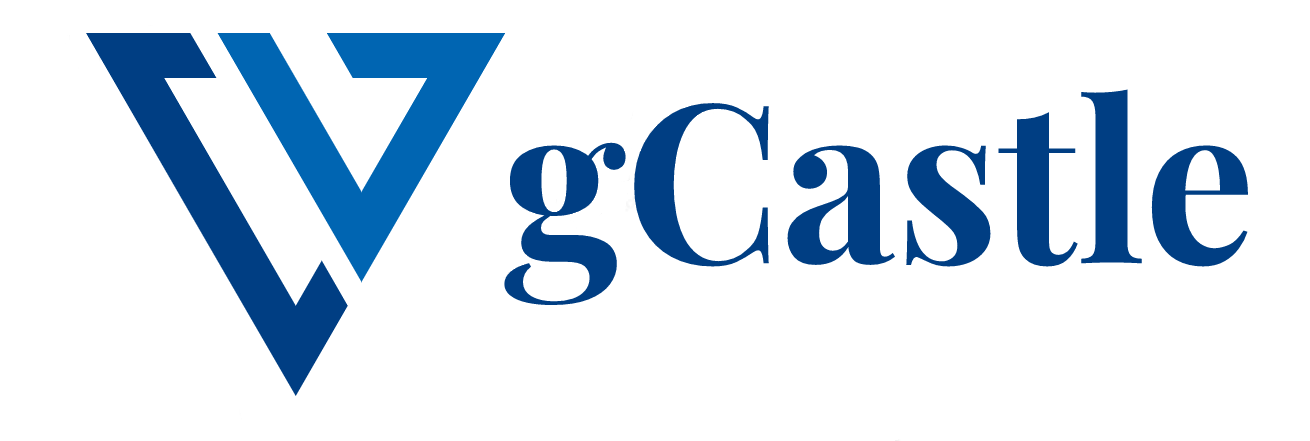I co-maintain the TrustworthyAI repository at Huawei Noah’s Ark Lab, with a focus on gCastle (Zhang et al., 2021), a comprehensive toolchain for causal structure learning.
gCastle offers a wide range of functionalities for causal learning and evaluation, including:
- Data Generation and Processing: Tools for data simulation, data reading, and pre-processing, including operators for prior injection and variable selection.
- Causal Structure Learning: A collection of algorithms for causal structure learning, encompassing both classic approaches and state-of-the-art gradient-based techniques, designed to scale effectively to large-scale problems.
- Evaluation Metrics: A suite of widely adopted metrics for assessing causal structure learning performance, such as F1, SHD, FDR, TPR, and NNZ.
References
2021
-
gCastle: A Python Toolbox for Causal Discovery
arXiv preprint arXiv:2111.15155, 2021
gCastle is an end-to-end Python toolbox for causal structure learning. It provides functionalities of generating data from either simulator or real-world dataset, learning causal structure from the data, and evaluating the learned graph, together with useful practices such as prior knowledge insertion, preliminary neighborhood selection, and post-processing to remove false discoveries. Compared with related packages, gCastle includes many recently developed gradient-based causal discovery methods with optional GPU acceleration. gCastle brings convenience to researchers who may directly experiment with the code as well as practitioners with graphical user interference. Three real-world datasets in telecommunications are also provided in the current version. gCastle is available under Apache License 2.0 at \urlhttps://github.com/huawei-noah/trustworthyAI/tree/master/gcastle.
